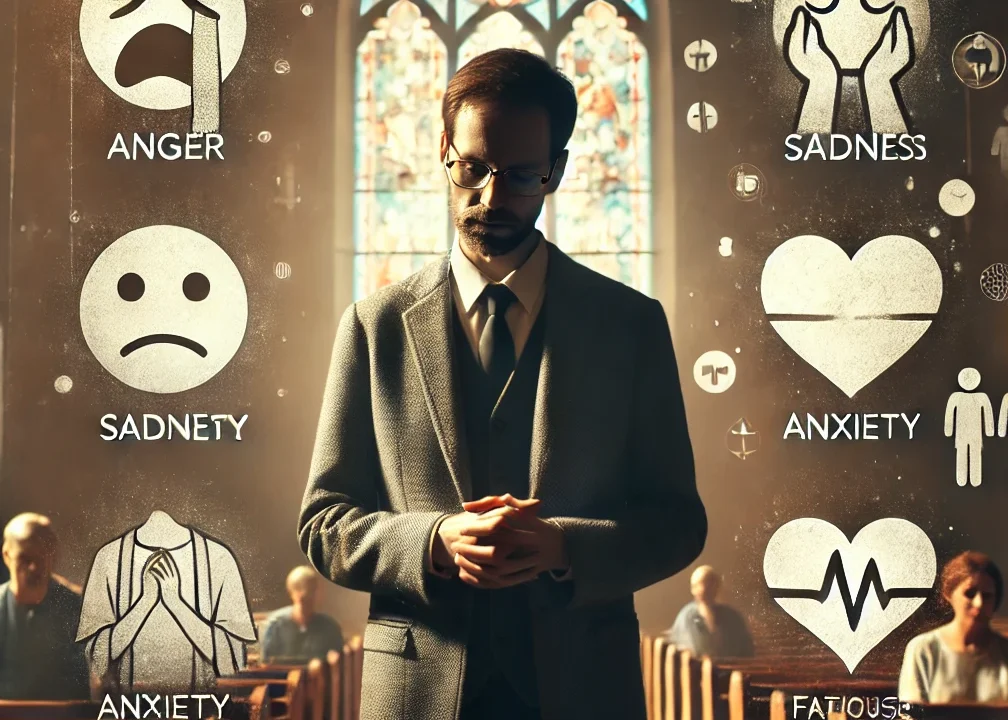Different Sex Drives: How to Deal with it in Marriage
This article is based on scientific evidence and clinical experience, written by a licensed professional and fact-checked by experts.
Posted: September 22, 2020
Estimated reading time: 3 minutes
In This article

Cody says, “My sex drive seems to be much higher than my wife’s. It seems to be the core issue between us. I love her dearly, but I seemingly can’t go without.”
Read more to find out what Josh Spurlock, Christian Counselor and Sex Therapist, says about the normality of different sex drives, the importance of communicating with your spouse about your sexual experience, and how a Christian sex therapist can help.
CASSIE
Welcome to My Counselor Online. I’m Cassie and this is My Counselor Says. My Counselor Says is where you submit a question, either for yourself, or for a friend, and one of our incredible therapists takes their time and answers your personal question. So let’s go find out what My Counselor Says.
JOSH SPURLOCK ON THE NORMALITY OF DIFFERENT SEX DRIVES
Well Cody, let me tell you that you’re definitely not alone. Differences in sexual desire is one of the leading causes for couples to enter into sex therapy, and learning how to navigate those differences in a way that can be mutually fulfilling for both couples.
For about 80% of couples, the husband’s sex drive is greater than the wife’s, and for about 20% of couples, the wife’s sex drive is greater than the husband’s. If you do the math there, what you’ve come up with is that in about 100% of couples, the desire is different between the two.
It’s very rare for both husband and wife to have the exact same level of drive and desire for connection. It just doesn’t happen. And so, it’s normal for us to be in the place of one of us having a higher sex drive than the other, and needing to learn how to negotiate that in a way that allows for a mutually satisfying and enjoying sex life.
COMMUNICATE ABOUT YOUR SEXUAL EXPERIENCE
The best way to get there is to be able to have some open communication about our sexual experiences, and really the difference between our sexual experience. The meaning that we give to sex, connection, and frequency oftentimes varies between spouses. Being able to share our experiences with each other in such a way that helps us get into each other’s shoes can really help us build a healthy sexual relationship that’s mutually fulfilling for both of us.
HOW A CHRISTIAN SEX THERAPIST CAN HELP
If we’re not able to get on that same page together, then you’ll want to connect with a sex therapist, who’s able to pan out the issues, and identify what might be getting in the way, and help facilitate those conversations so that we can come to a conclusion or an approach to our sex life that feels good to us both, that we both look forward to and enjoy and doesn’t create tension or friction between us and our relationship.
Thanks for the question, Cody. If you have a question that you want to be answered by one of our counselors, submit it here!
Back to topThis article is based on scientific evidence and clinical experience, written by a licensed professional and fact-checked by experts.
About the Author

Josh Spurlock
Josh Spurlock MA, LPC, CST, has a BA in Biblical Languages and a Masters in Counseling. He is a Licensed Professional Counselor (LPC), holding licenses in Missouri, Colorado, and Florida. He is also a Certified Sex Therapist (CST), Level 2 AEDP Therapist, and an Ordained Minister. He is an Advanced Practice Clinician, with over 10,000 hours of clinical experience. He specializes in Marriage Counseling, Sex Therapy, Family Counseling, and works with Executives, Pastors, Business Owners, and Ministry Leaders. Learn more about Josh Spurlock at JoshSpurlock.com.
Josh is currently unable to take on any new clients.
Learn More About Josh







